The most expensive trace element in the world
because it costs nothing
An exposé on the suppression of lithium under the guise of pharmaceutical regulation and public health policy – inspired by Michael Nehls’ visit to the summer festival of the Swiss Association WIR
A medical and societal revolution
Lithium is a trace element that has been essential to the development of all life since time immemorial. Humans are no exception.
But unfortunately, a widespread deficiency exists that diminishes our quality of life. It leads to an increase in depression and Alzheimer’s disease, more admissions to psychiatric hospitals, more violent behavior, higher suicide rates, and ultimately even a shortened lifespan!
The fatal consequences of this deficiency are sold to us as unavoidable normality, while the responsible authorities simultaneously refuse to acknowledge the essential importance of this trace element. In a particularly perfidious twist, lithium-containing supplements are even banned in Europe – as well as in most other countries worldwide. The fact that many behavior disorders due to deficiency in children are commonly (and unsuccessfully) treated with side-effect-heavy but highly lucrative medications, suggests that financial interests may be behind this scandal. But is it just about profit? Or are we dealing with a perverse claim to power over the human mind? Who benefits from a society that grows increasingly ill – physically and mentally – and lives in constant fear of the future?
“The Lithium Conspiracy“
Michael Nehls’ newest book “The Lithium Conspiracy” offers urgently needed answers and serves as a medical plea for the long-overdue recognition of lithium’s essential role as a key to a healthier, more mentally stable, and peaceful society. After all, it offers powerful, natural protection against chronic inflammation, neurotoxic stress, and anxiety disorders. Ailments that have now reached pandemic proportions. Essential lithium could become the symbol of humanity’s breakthrough into a new era of medicine – one that meets the natural needs of the human being.
Globally, mental performance is declining, particularly among young people, while rates of depression are skyrocketing.
One in forty people now suffers from Alzheimer’s, and the age of onset is dropping rapidly.
But the causes are not being addressed – on the contrary. Can that really be coincidence?
„The Indoctrinated Brain“
Michael Nehls’ book “The Indoctrinated Brain” introduces a largely unknown but highly effective neurobiological mechanism whose unnoticed yet widespread disruption lies at the root of this catastrophe. As a medical doctor and internationally recognized molecular geneticist, Nehls presents a chilling chain of evidence suggesting that behind these numerous harmful influences lies a deliberate, masterfully executed attack on our individuality – aimed at stripping us of the ability to think independently. But it’s not too late.
By exposing these brain-damaging processes and offering concrete steps for counteraction, Nehls brings light and hope into this fateful chapter of human history. What’s at stake is nothing less than whether our species retains its humanity and creative capacity – or loses it forever.
A pill against Alzheimer’s?
Too cheap to be true
Imagine there were a trace element that could dramatically reduce your risk of depression, suicide, Alzheimer’s, violent behavior, and mental illness. A molecule that boosts cognitive performance, stabilizes your cells, regulates your mood – and is as natural as iodine or iron. That molecule is lithium.
And now imagine: This molecule – which demonstrably protects, stabilizes, and strengthens – is banned. Not because it’s dangerous. But because it’s too cheap. Because there’s no profit to be made.
Many people believe Alzheimer’s is an inevitable consequence of aging – a kind of biological expiration date. But that’s a fallacy. While the disease does correlate with age, correlation is not causation.
What has been proven, however, is this: A healthy older person with adequate lithium intake has a significantly lower risk of developing the disease. It’s not age that makes us demented. It’s deficiency. And that deficiency is not fate – it’s the result of systematic ignorance – or deliberate sabotage.
Because while we’re being denied lithium, billions are being poured into so-called vaccines against Alzheimer’s – with disastrous results. These new miracle drugs from the syringe shelf not only fail to work – they’ve been shown to accelerate cognitive decline. And still, they’re injected, researched, administered. Why? Because it pays. For some.
And for the others? Only forgetting remains. But no worries – with accelerated dementia, that now happens even faster.
What is lithium, anyway?
No, we’re not talking about car batteries. We’re talking about lithium in microscopic amounts – so-called “trace lithium” – which occurs in drinking water, plants, algae, and seafood. Or at least, it should. Because in many regions of Europe, natural levels are so low that people are chronically deficient. The consequences: psychological instability, increased suicide rates, dementia. Studies with thousands of participants show a direct correlation: In regions with higher lithium levels in the drinking water, there are significantly fewer psychiatric disorders. Even plants like lettuce demonstrably grow better with a bit of lithium. Fruit flies live longer. Animals are more fertile. And humans? They would be too – if allowed.
So why isn’t lithium already part of our basic healthcare?
Short answer: Because it benefits no one looking to profit.
Long answer: Because lithium is not officially recognized as essential. Despite clear data, health authorities stubbornly refuse to grant lithium the status it deserves. Why? Because there’s no money in prevention. How much does one milligram of lithium cost? Almost nothing.
And that’s exactly the problem: Lithium is so cheap, it’s simply not profitable for pharmaceutical companies. No patents, no blockbuster drugs, no thousand-franc-a-month therapies. Just a few cents a day.
Anyone wondering why, in a system that calls itself a healthcare system, healthy people are economically undesirable – has understood the system.
Banned. Seriously?
Yes, seriously. Lithium as a dietary supplement is not approved anywhere in the EU – including Switzerland. It can neither be advertised nor sold. Anyone who tries to do so operates on legally thin ice. A doctor may prescribe it, but only as a pharmaceutical drug – so, expensive. Pharmacies may produce it, but only in tiny amounts and by hand. And those who want to supply themselves must either order semi-legally from abroad or mix their daily dose themselves.
The Swiss state – otherwise so proud of personal responsibility – forbids its citizens from taking a natural trace element in microdoses that demonstrably helps the brain remain stable. But you’re welcome to swallow a range of pharmaceutical cocktails to treat the symptoms. Covered by insurance, of course.
The great medical myth:
Humans are inherently flawed.
Modern medicine no longer views the body as a self-regulating, wise system. No, in the eyes of the system, the modern human is biologically defective from birth. He needs intervention. Shots. Chemicals. Control. And the earlier, the better. Babies are already considered at-risk objects with built-in flaws. Their immunity must be trained, their behavior regulated, their biochemistry monitored. A newborn miracle becomes a potential lifelong patient – managed by algorithms, treated by guidelines, adjusted for functionality and profitability. And if regular booster shots aren’t enough, then daily pills: for blood pressure, for cholesterol, for thinking. Preventive intake of a natural trace element like lithium, however? Not promoted – criminalized.
Yet observations are mounting: The much-praised “preventive measures” of recent years – especially the mRNA injections – have done the opposite. Increasing numbers of young people with neurological symptoms, memory problems, word-finding difficulties. And among the elderly, a sharp rise in dementia diagnoses. Society is getting dumber and no one seems to notice. Or worse: Everyone notices, but no one says anything. The elephant in the room, peeing on the Persian carpet while waving a sign: “You’re being kept stupid.” Instead of throwing it out, we decorate it. With “awareness campaigns” on mental health. With early retirement for overwhelmed twenty-somethings. And with pharmaceuticals for the symptoms. Just don’t ask about the cause.
What happens when we all become demented idiots?
What sounds like a provocative question is actually the logical result of a policy of deliberate deprivation. A population deprived of cognition won’t question anything – it will only follow. A society that raises children without essential micronutrients and stuffs its elderly with useless drugs does not produce responsible citizens. It produces dependents. And ultimately, an entire generation that can’t even remember how it all began.
Maybe that’s the point. There are circles – let’s call them the upper floors of the pyramid – doing everything they can to stay up there. Sleeping in oxygen tents, regenerating with stem cells, swapping out their hearts like others change watch batteries. Five transplants? No problem. As long as the exploitation system runs, it better be comfortable. For them. Not for us.
A dumbed-down, disempowered population doesn’t ask questions, doesn’t resist, doesn’t demand truth. It follows – with blank stares, full medicine cabinets, and the feeling that “this is just how things are.” But it’s not. It’s made. Planned. Promoted.
What if we treated lithium for what it is?
The consequences would be enormous. General access to trace lithium – whether through fortified drinking water or supplements – could vastly improve a generation’s mental health.
Fewer cases of depression.
Fewer suicides.
- Less depressions.
- Less suicides.
- Fewer Alzheimer diagnoses.
- Less psychotropic medication.
- Less dependency on the system.
And all that for a few francs a year. No wonder the system blocks it.
What can we do?
-
- Educate. Everyone has the right to know what’s being withheld from them. Lithium is not a drug – it’s an essential trace element that is systematically ignored.
- Win over doctors. Only with brave physicians who free themselves from the grip of insurances and medical boards can lithium return to where it belongs: basic healthcare.
- Change the legal status. We demand lithium’s recognition as an essential trace element and its approval as a dietary supplement.
- Take responsibility. Those who don’t want to wait for Bern to wake up can get informed today, network, and obtain lithium legally via prescription.
- Empower parents and seniors. Children and the elderly benefit most from a stable lithium supply. Those who take responsibility don’t just protect themselves – they protect society’s cognitive future.
Lithium is no secret tip. It’s a human right.
A human right to mental health. To self-determination. To a life with reason and memory. Anyone who denies people this trace element doesn’t just rob them of their focus – but of control over their own minds. This is no longer about medicine. This is about dignity. And the question: Do we want to raise our children to be independent thinkers or functional patients with short memories and long vaccination records? The fact that this trace element is being withheld is no accident. It’s a system error. And it’s up to us to correct it. Not tomorrow. Today.
Note: This article does not replace medical advice. It is intended to break mental blocks. For further information, visit Michael Nehls’ website. We also recommend this (not too long) interview with Philipp Hopf. And for those who want all the details, read Michael Nehls’ books. Here’s the DIY video.
Excursus:
The Zurzach Case – How a Molecule Vanished
What happens when a natural mineral water has proven antidepressant and neuroprotective effects? One might think it would be protected, promoted, and used for prevention. But in reality, it’s taken off the market.
Zurzacher mineral water, the only known source in Switzerland with a lithium content of 1.3 mg/liter, was shut down in 2022 – just when interest in the brand was clearly rising again. Numerous articles in medical journals praised its positive effects on dementia and depression. All natural, no side effects, no billion-dollar research required.
Yet instead of being declared a public good and placed under state protection, the spring was economically drained. German owner Riha Wesergold justified the closure with personnel costs and energy prices – in one of the richest countries in the world. A year later, two entrepreneurs attempted a revival: investments flowed into the project.
And today?
The company still exists on paper. But Zurzacher mineral water is no longer for sale. When asked, the local tourist office confirmed what many suspect: The planned relaunch failed – no one knows why. The woman on the phone said: „You’re not the first to ask.“
And yet, longtime locals still say: “We are the happiest people in Switzerland – we drink Zurzacher water.” The staff member even knew about lithium. Coincidence? Or a relic of better times? The spring itself still exists. At the thermal spa, you can draw the water directly from a fountain. Legally, freely, unmonitored. For now.
So why did it disappear from the market? Did someone perhaps make an offer to ensure it stayed that way? An offer less about beverage distribution and more about suppressing well-being and vitality? Because anyone who makes people mentally clear, emotionally stable, and resilient soon faces a problem: They ask questions. They stop simply functioning. They stop being made sick – and even less, held down.
In a country where health is worth billions – but only when it leads to illness – it wouldn’t be the first deal that pays off more for the Pharma friends than the Swiss citizens.
Aftermath on Paper
In the official Swiss mineral water composition chart of 2023 Zurzacher was still listed – with a documented 1.3 mg of lithium per liter. One year later, in the 2024 no mention. Not marked as unavailable. No note on discontinued production. Simply: erased.
Is this still an administrative oversight – or already data sanitization?
Because when even a supposedly objective fact sheet deletes Switzerland’s lithium champion without a trace, the question must be asked: Has a mineral disappeared – or is this just a symptom of something far bigger? A Swiss lithium plot?
WE forget nothing. And to those who author such tables, a friendly reminder: WE’re reading. Always.

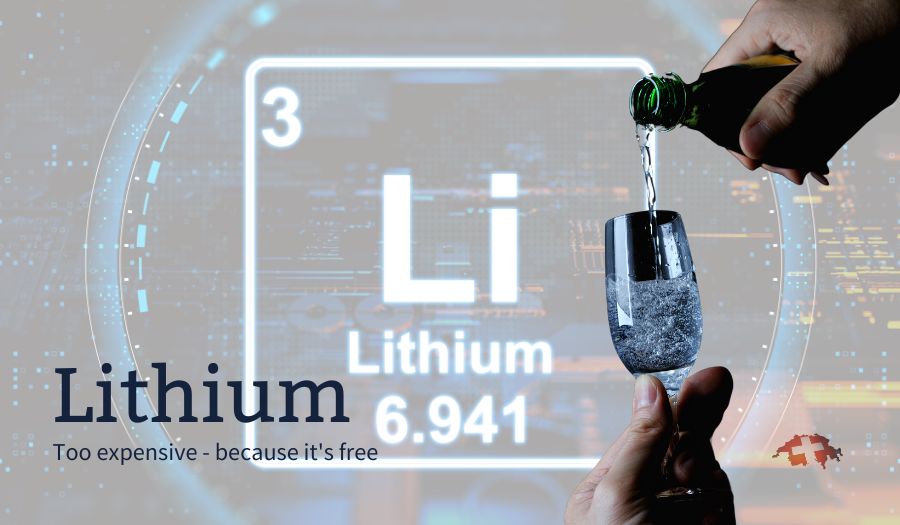
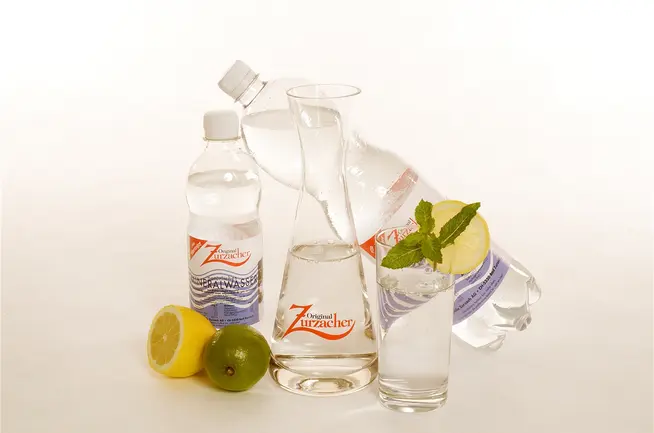
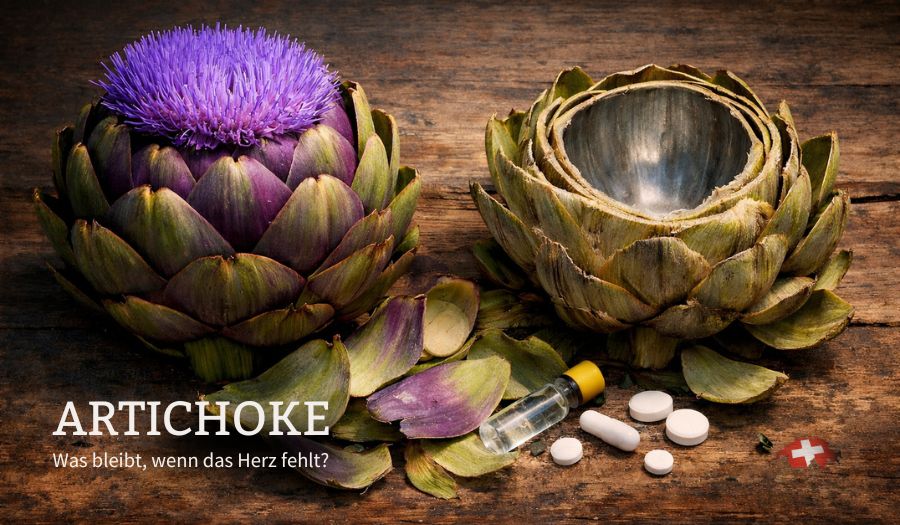



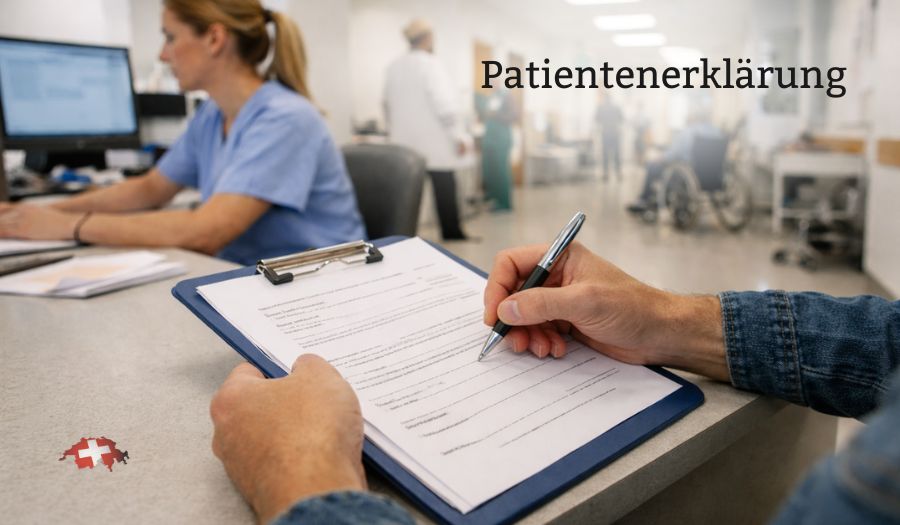
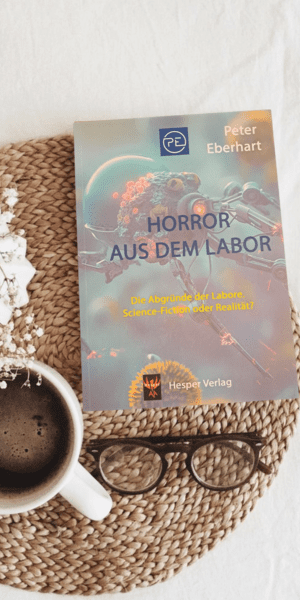


0 Comments